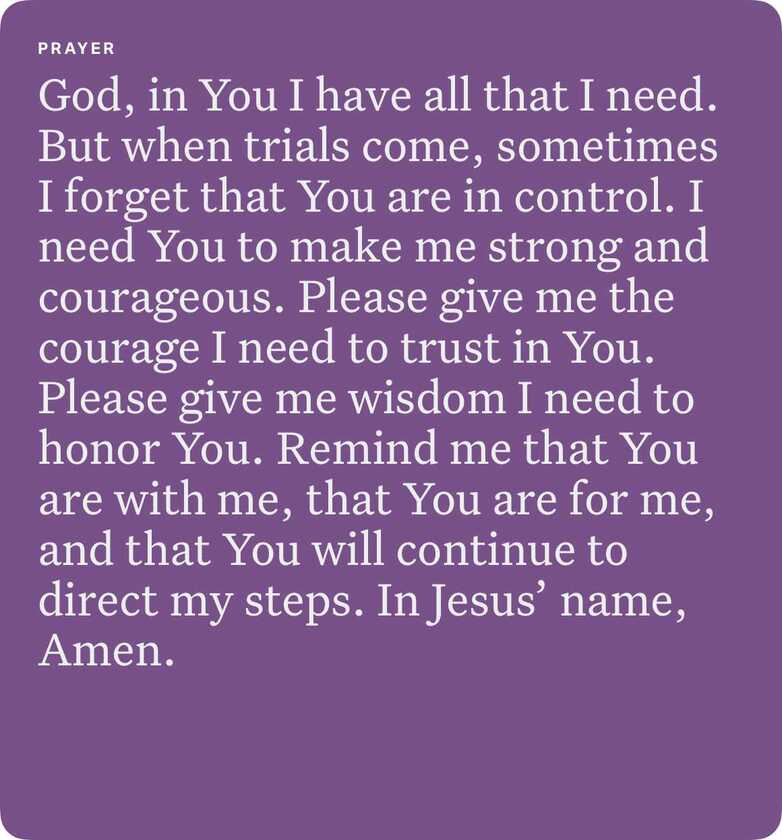I will share about Christian books I have read or listened to.
I will be sharing about my life before and after Christ. I will include stories about my pet and other pets I have encountered.
A Humble Beginning
Generations of anticipation. Prophets foretold it and the people hoped for it. There, in a simple town, it happened. The Son of God took on the vulnerability, frailty, and weakness of man by beginning His life as we all do—as a baby. Holiness and power were made present in humanity. And to Mary, He was born.
Do you think anyone imagined, after all the prophecies of Jesus’ coming, that He would begin His life on earth as a baby? That He would grow from an infant to a child to a teenager to an adult, the same way that man has since the offspring of Adam and Eve? Even during His ministry, people loved to view Jesus as a conqueror—a man of power that was going to topple the Roman government and establish Himself as their king. They wanted Jesus to show His power in a way that gave them power, too.
And yet Jesus was humble to His core.
He willingly began His time on earth completely powerless, born to His mother Mary into a simple life.
Jesus went from being one with the Father in Heaven, powerful and supreme, to willingly taking on a human beginning, being born as an infant inherently dependent on others. Such humility marked of His life and ministry. He did not come to topple governments but, by His loving sacrifice, topple sin by taking on a human life and then giving it up of His own accord.
The Son of God. Mary’s son. God’s perfect plan made manifest at last.
Humility. It marked Him from the beginning.
God is With You
Throughout the Bible, there are various moments when God tells someone to not be afraid. Each one comes at a time when the hearer has every reason to be very afraid.
In one instance, Joshua, the leader of Israel after the death of Moses, was taking the Israelites to their promised land (see: Exodus 3). He was leading over one million people to a place God had promised, and it meant going through some overwhelming and terrifying situations.
In the midst of this, God commanded Joshua to do two things:
Obey the Word of God and, be strong and courageous because the Lord was with them. (See: Joshua 1:7-9)
In Matthew 28, Jesus says something similar just after His resurrection. He is with His eleven disciples and He tells them:
“All authority in heaven and on earth has been given to me. Go, therefore, and make disciples of all nations, baptizing them in the name of the Father, and of the Son and of the Holy Spirit, teaching them to observe all that I have commanded you, and behold, ...















